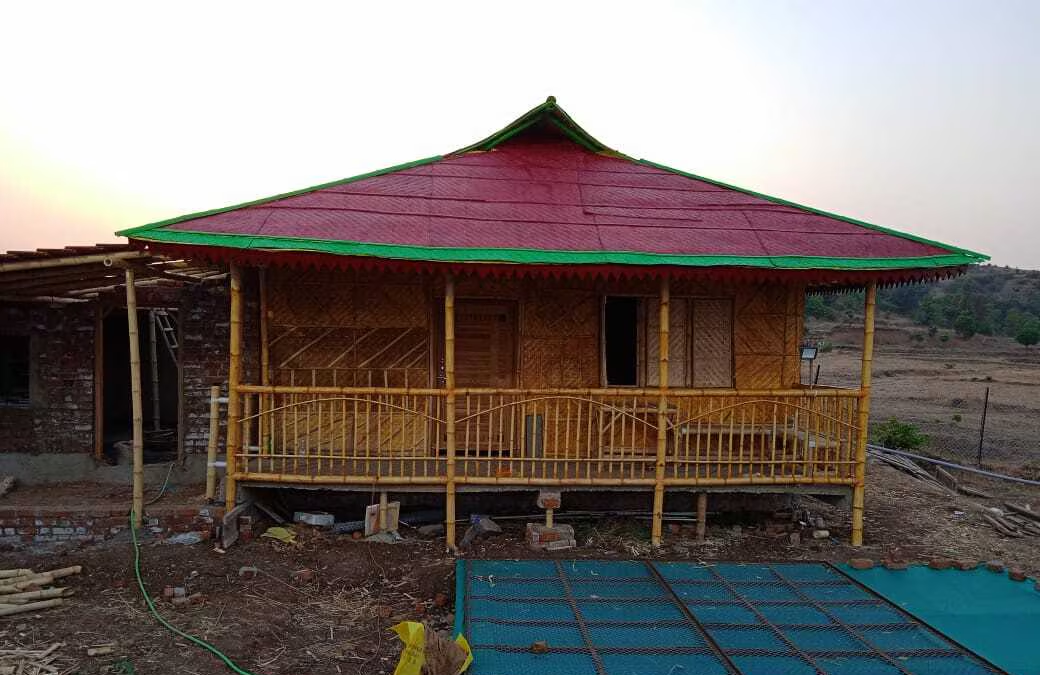
Moving to a new country is exciting, but it comes with its own challenges—especially when it comes to housing. Whether you’re renting or buying, one of the biggest hurdles you’ll face is local bureaucracy. From signing a lease to registering your address, the paperwork and rules can feel overwhelming.
But don’t worry! In this article, we break down what you need to know to navigate local bureaucracy smoothly and confidently as a foreign tenant or property owner.

Local bureaucracy refers to the laws, paperwork, offices, and procedures that regulate housing in a country. It ensures that everything from rent agreements to property taxes is legally in place. However, for foreigners unfamiliar with the system, this can be frustrating.
In many countries, even small steps—like opening a bank account or getting a utility connection—can be delayed if your housing paperwork isn’t correct.


Most government offices communicate only in the local language. This can lead to misunderstandings or missing paperwork.
Solution: Bring a local friend, hire a translator, or use services that assist expats.
Forms often require exact details and official stamps. A single missing signature can delay your process by weeks.
Solution: Make copies of everything and keep all receipts and proof of submission.
Some countries still rely heavily on in-person appointments and paper forms, which can be slow and inefficient.
Solution: Book appointments online early and ask officials if there’s a faster track available.
There are many relocation companies, real estate lawyers, and expat centers that help foreigners with bureaucracy. Though they charge a fee, they often save you time and trouble.
Even a basic understanding of housing terms like “lease,” “deposit,” or “utility bill” can make a big difference.
Create a folder (physical or digital) to track all your documents, including rental contracts, utility bills, tax forms, and appointment confirmations.
John, a software developer from the UK, moved to Berlin and rented an apartment. “I thought getting a place would be easy,” he says. “But then came all the paperwork—registering my address, getting a tax number, even signing up for Wi-Fi. It took almost a month!”
He adds, “The best advice I got was to be patient, stay organized, and ask for help. The system isn’t broken—it’s just very detailed.”
Bureaucracy is not meant to make your life difficult—it’s there to protect both tenants and owners. But as a foreigner, it’s easy to get lost in translation—both literally and figuratively.
With preparation, patience, and some local help, you can navigate these processes successfully. Owning or renting a home in a new country should be an exciting step, not a stressful one.
Read More:- Deyaar’s Latest Announcement Shakes Up the UAE Property Market
